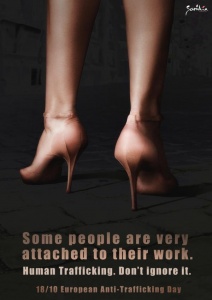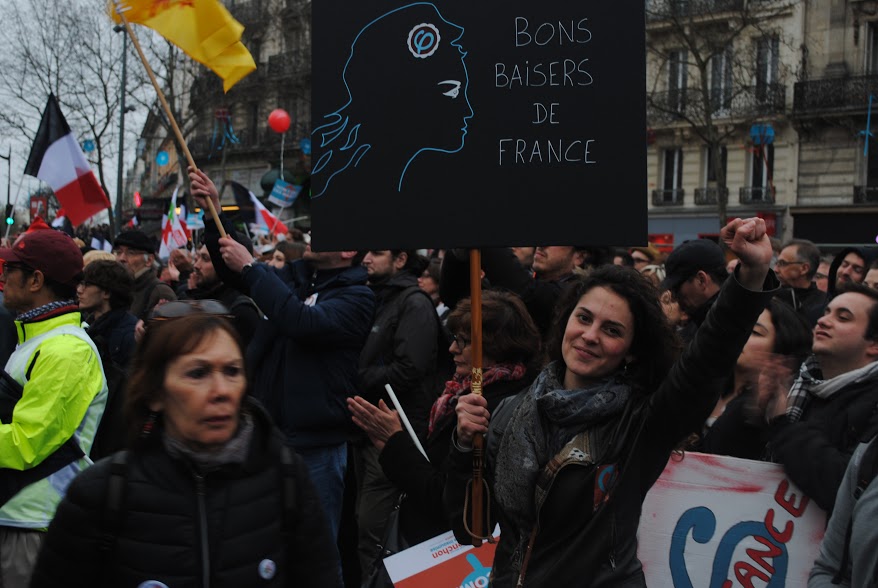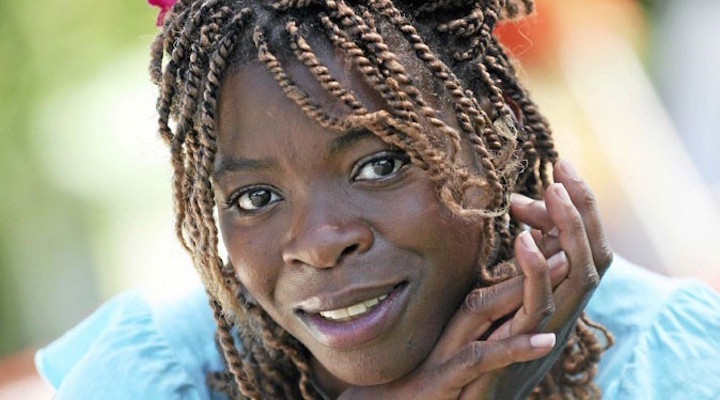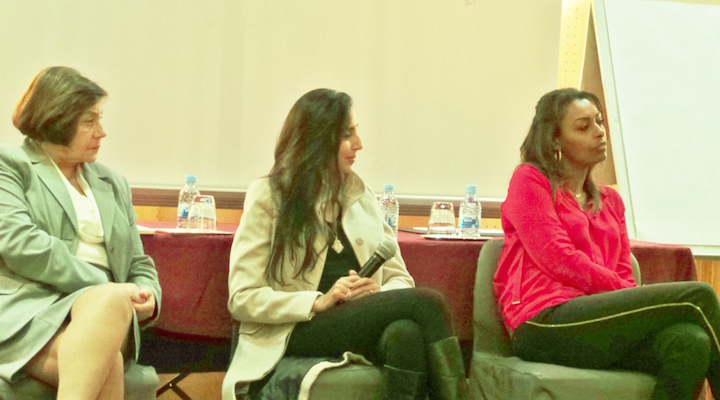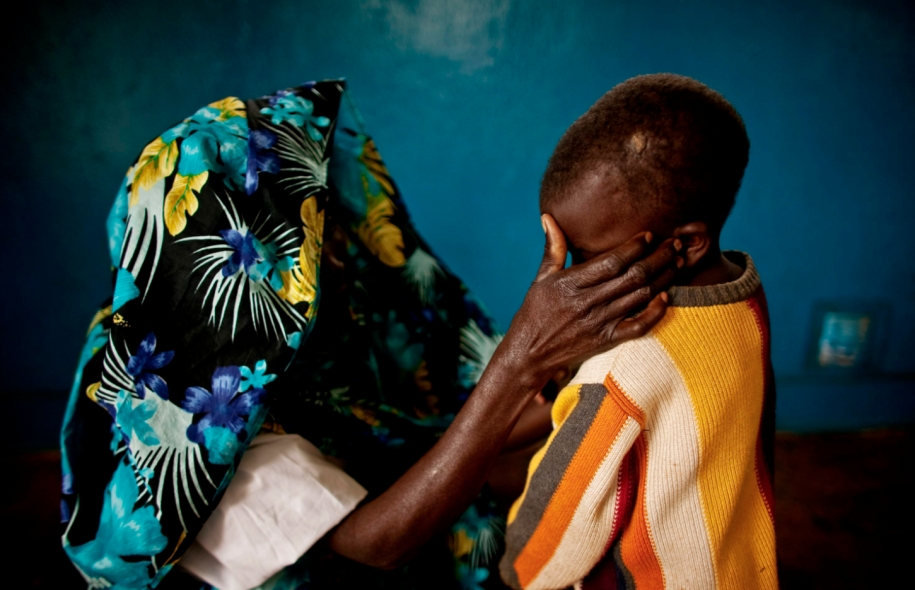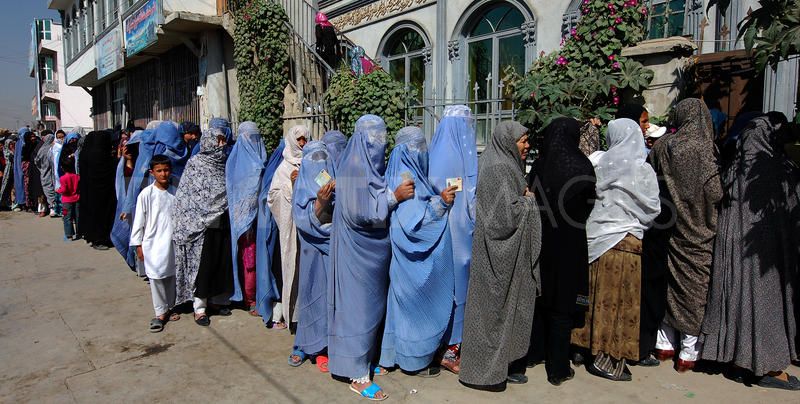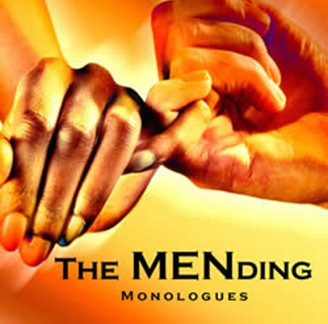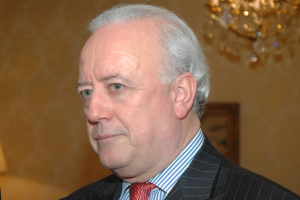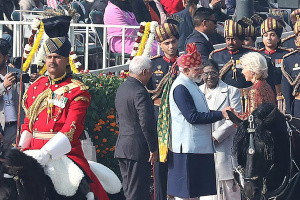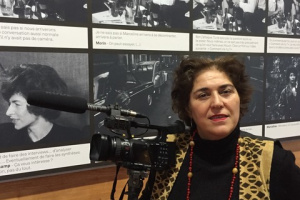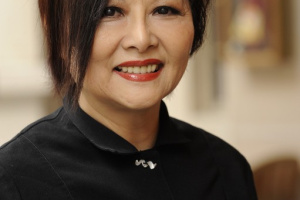Abolir la prostitution n’est, selon Linda Sullivan, pas la bonne question. Il faut concentrer ses efforts sur les éléments de la prostitution, tels que les clients. Le but est de réguler la prostitution, de la surveiller, de la gérer, afin que cela devienne plus sûr et que le trafic sexuel soit efficacement combattu. Quant aux victimes du trafic sexuel, Linda Sullivan a expliqué à Opinion Internationale que le fait, apparemment simple, qu’elles progressent dans la vie fait d’elles des « survivantes ».
After realising that victims of human trafficking too often lack pro-bono attorneys when they go to the police, Linda Sullivan and Etty Foodman decided to co-found an anti-trafficking organisation, BEST (Building Empowerment by Stopping Trafficking). According to Ms. Sullivan, human trafficking is the new form of slavery. It can take many “horrific” forms – making people sell their organs or their baby, making people beg after mutilating them, etc. – but representing a 30 million dollars business in the USA, it is difficult to tackle.
With BEST, Ms. Sullivan has now extensively worked with former prostitutes. In the lead-up to the discussion of the bill on criminalising the clients of prostitution by the French National Assembly, she accepted to discuss her first-hand experience with Opinion Internationale.
Opinion Internationale: Can you please describe BEST’s work in the fight against human trafficking?
Linda Sullivan: Because there is sort of a mania nowadays that anybody who goes into prostitution has been trafficked, we validate whether people are victims or not. We have an intent matrix, which is evidence-based and we use it to testify before the court; also, we validate victims and give them instantaneously pro-bono legal assistance and a survivor life coach. Finally, we help them find safe houses, a psychologist and a psychiatrist…
OI: Do you and BEST make a difference between prostitution and sex trafficking?
Linda Sullivan: Absolutely, and our organisation does. Sometimes somebody who is in the field of prostitution has been actually trafficked and will be validated as a victim of human trafficking. Sometimes people have lifestyle needs to go out and be in the field of prostitution, and that is a choice, not trafficking; we could look at it as a system, but we cannot validate them as victims of human trafficking. It all depends on the circumstances; every single case is different. But I cannot stereotype and say that people who go into prostitution are victims of human trafficking.
OI: So do you think prostitution should be legal?
Linda Sullivan: I think that legalising prostitution is going to be a state-by-state choice. If the States want it to be tolerated, they will have to study some key points: what is the revenue that is going to be generated for the State; what are the consequences; whether (and how much) it is going to cause traffickers to be prosecuted; can we really control the demand… And if we are controlling the demand and we are legalising something, then we are allowing it to be a legitimate business, so who is going to monitor it as a legitimate business? That is a big change for any State to take on. Hopefully, if they do make those decisions, they will do it intelligently (they will analyse the question, not just propose it because somebody wants to be elected).
OI: According to some people, such as the French government, we need to abolish prostitution in order to stop sex trafficking.
Linda Sullivan: I do not believe you can abolish prostitution. With the whole wave of independence and choice, and of women and equality to men, I think that prostitution has become micro-defined now. And you cannot abolish prostitution: from the day human beings have been on Earth, they were sexual individuals. So, can you abolish it? No. Can you monitor it, can you possibly have guidelines and try to control it, and then get those who are not following the guidelines – who are going further underground and into organised crime – and deal with them? Yes.
OI: But some people do not believe in monitoring prostitution, they want to fight it.
Linda Sullivan: I think you cannot fight prostitution: you have to fight the elements of prostitution. I think you need to focus on the buyers, the johns. That is why we are very much into making sure that the victims are guaranteed attorneys or life coaches immediately, so that if somebody charged with prostitution is picked up, before law enforcement interrogates them, before the prosecutors go in there trying to get information so they can have a phenomenal case that never goes to trial, they are protected. And we can figure out whether or not they were victims, if they were in a prostitution business because of choice, why so, what other circumstances exist, etc. We treat them more on an individual victim basis but not necessarily a victim of human trafficking. They may be victims of abuse, of lifestyle, of economical abuse – there are many reasons for somebody, male or female, to go to prostitution. If there is going to be any laws, it should be that anybody who is a victim of trafficking or prostitution is instantly guaranteed an attorney, before law enforcement or prosecutors are allowed to speak to them.
OI: Do you make a difference between the terms ‘victim’ and ‘survivor’?
Linda Sullivan: Definitely. ‘Victim’ is a legal term, so when they are in the legal arena they are victims. When we say they are ‘survivors’, that means first of all that they are alive, and that is fantastic. But they are still victims of trafficking – you never lose the status as a victim of human trafficking. But victims will eventually go forward as survivors because they are alive, and we want to validate them.
Retour au sommaire du dossier « combattre la prostitution »
Propos recueillis par






